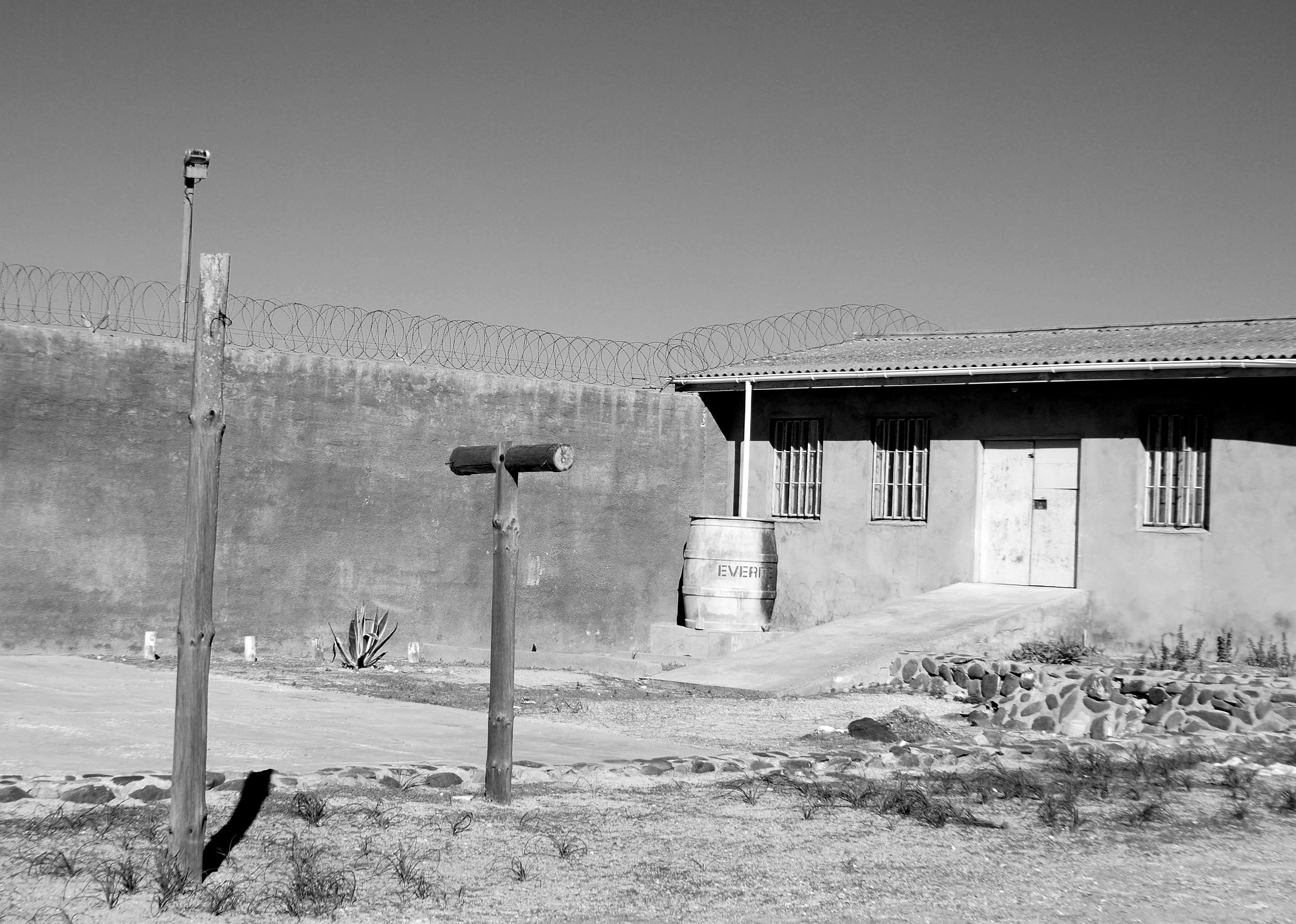When a writer writes something, they’re signing a contract saying that what they’ve written can go into the public domain and be read. The majority of writers write in order to be read. That contract is incomplete until a reader comes along and countersigns it. By countersigning it, readers are not only reading but interpreting, and the more that we interpret, the more we can understand about the world and one another through the differing interpretations we have.
Reading is a constant struggle for interpretation. That’s practically what life is: a struggle for interpretation to answer the biggest questions about the meaning of life. What is art? What is scripture? What is science? What’s the relation between all of these things? Reading is a way of starting to answer all these questions, and the more interpretations there are, the better.
The context of reading
When we look over history at the ways in which people have responded to literature, it tells us a lot about their time but also how they were looking into the future. Reading takes place in the present moment, but it is also an activity that reflects on the past and that speaks to our future. We can think of individual readers as having just as much power as the writer, or a different type of power to the writer.
When we think of how writers have written in different contexts – writing under candlelight into the night or writing on hills while inspired by nature – then we can think of how we read and whether that reading is taking place in a different context that affects our interpretations. If I’m reading something on a piece of paper, black ink on white paper, is that different to reading something that’s been illuminated and illustrated – as William Blake, for example, would have wanted us to read his work? If I read something while I’m down, is that different to if I read it while I’m feeling ecstatic and happy? If I read a poem about nature while I’m sitting on a hill, is that different to if I read it while I’m just sitting in the dark?
Literature and politics
There are ways in which we can think of how literature predicts events. Politics and literature are directly linked to one another. For example, the literary canon consists of the texts that we’ve been told over the centuries are the key texts. They are the ones that form the literary canon. When they’re not diverse, does it reflect something about our global citizenship?
The more interpretations we have of a certain text, the more we are in line with ideas of global citizenship and pluralism, and the more accepting we can be. At the same time, if the literary canon in, for example, the English language predominantly includes deceased white male authors and ignores French and Spanish writers who have had a magnificent impact on the development of European literature, then could we not say that that canon has predicted something like Brexit?
Could we not say that populism is on the rise because people want politicians and leaders that they can relate to? Could we not say the same about literature – that people want to read works they can relate to and want to see their interpretations of these works being accepted? If we stick with such a narrow-minded perception of what forms literature and what forms the main interpretation of literature, then perhaps we are predicting some of our global events and global relations.
Robben Island was a prison during the apartheid period in South Africa. At that time, the prisoners were only allowed to have scripture, not literature, in the cells. So they disguised the Complete Works of Shakespeare as a holy Indian text. They made a deal among themselves that if they liked a passage, they would annotate it so the next cellmates could read it.
In Shakespeare’s Julius Caesar, there’s a moment where Caesar says, ‘Cowards die many times before their deaths; The valiant never taste of death but once. Of all the wonders that I yet have heard. It seems to me most strange that men should fear; Seeing that death, a necessary end, Will come when it will come.’
He’s saying, don’t fear death. Death will come when it will come. Fascinatingly, Nelson Mandela, who is on death row, annotates this moment and signs his name next to it. I think that entirely changes the meaning of that moment in Julius Caesar. Reading something about death while on death row is entirely different to reading it from the comfort of our homes.
When literature inspires history
Shakespeare said, ‘All the world’s a stage, And all the men and women merely players’. Are we in our own play? Are we in our own novel? We could say that the reading of literature has direct effects on how the world has developed. An example that’s close to my heart is the city of Alexandria. Alexander the Great was inspired by Homer when he read his poetry about an island called Pharos, and so Alexander travelled to that island in order to see what Homer was talking about.
When Alexander went, he was dressed like Achilles, with his hair like Achilles, his hero from the mythical story. When he arrived, he realised that this could be a place in which he could build a city: Alexandria. It became one of the centres of knowledge in the world. So literature, even the reading process, can inspire us to take history into our own hands.
On the other hand, we could say that when historical events take place, we are compelled to write about them. In fact, we are compelled to write about them as histories, but to what extent are these histories literary? One could argue that all history is in its own way literary. Is scripture literary? Is autobiography literary? Anything which has creativity could be counted as literary.
Reading as imagining
Reading, in many ways, is like travelling. It’s like conversing. But it’s also like imagining. At the very least, we can all imagine, but even that in some circumstances and contexts is limited. For example, we can be limited by social expectations not to think outside the box or by the plight of the daily struggle, trying to earn enough money to feed a family or trying to run away from authoritarianism. These situations can stop people from imagining, from reading in all the senses.
Reading can also be about oral history. Lots of amazing civilisations have existed through oral history. Their histories have been told to us by word of mouth. Often poetry has been learned and recited. Everybody should have the right to have that imagination through the reading process. That means that literacy, of course, is vital – but it also means that the mindset to think outside the box and to live imaginatively, almost a type of escapism, should be allowed and encouraged for people of all ages around the world.
There are many different reasons to read literature. One of them can be escapism. At the end of the day, it can create a new world, one in which you can use your imagination. Meanwhile, the entire process of literature is also based on profit. There are economic perspectives to literature; there are markets. There’s also interpretation and discussion. Literature opens the room for us to debate with one another, but at the end of the day, one of the main reasons it exists is to provide us with something that has some element of beauty. That beauty may be entertaining, but it can also be disturbing and complicated.
When we think of how literary critics over the decades have approached the study of literature, it’s often been very much linked to what the writers thought. How does the writer, for example, present the Orient? How does the writer present family values? Have critics stopped enough to think about how we change the text?
In reality, the text doesn’t change. The text is static because it’s printed, but only when we bring a reader into it does the text regain some of its fluidity. We can then start to question or morph ideas in it. Literature can travel through time and space, but that’s only possible when we think of interpretation and reception: how readers approach things.
It’s important to think of how different groups read texts because we can’t expect everybody to have the same interpretation about the world around them. For a long time, for example, women were excluded from the literary conversation. Every reader has their own intersectional, different life experiences, which might be formed by how or where they’ve been raised, their culture, their faith, their friends, their families or their ethnicity, race or gender.
Can we expect everybody to have the same reading process, with the same intentions to their reading and the same interpretations to their reading? The answer is very clearly “no”. The more we can think about different readers, the more we can understand different cultures. In a way, it’s a reciprocal relationship between culture and literature because literature is a key proponent of culture. It’s also a key proponent of cross-cultural exchange. The more we understand how different readers interpret texts, the more we can understand one another and maybe even ourselves.


